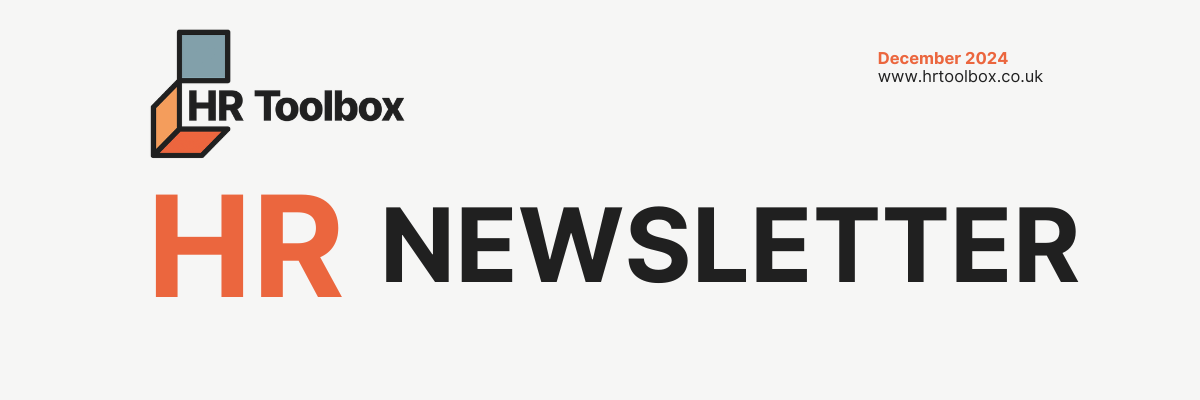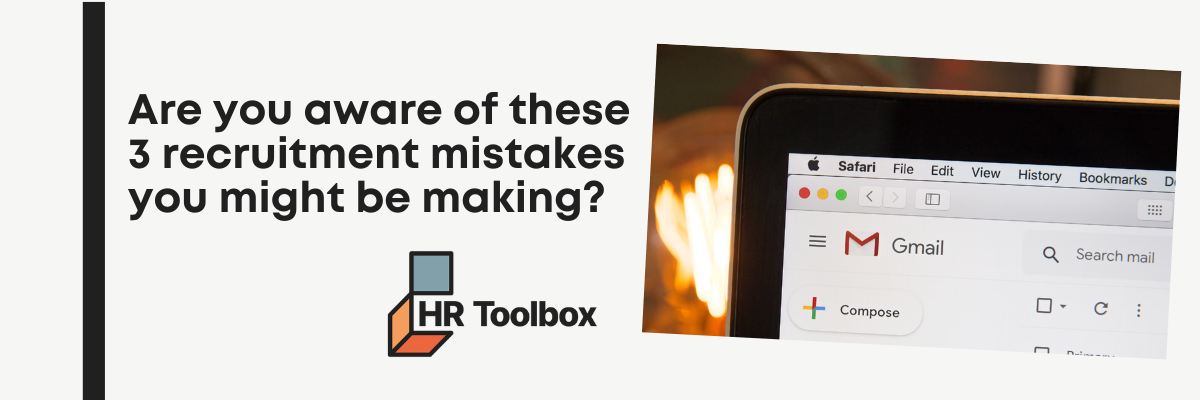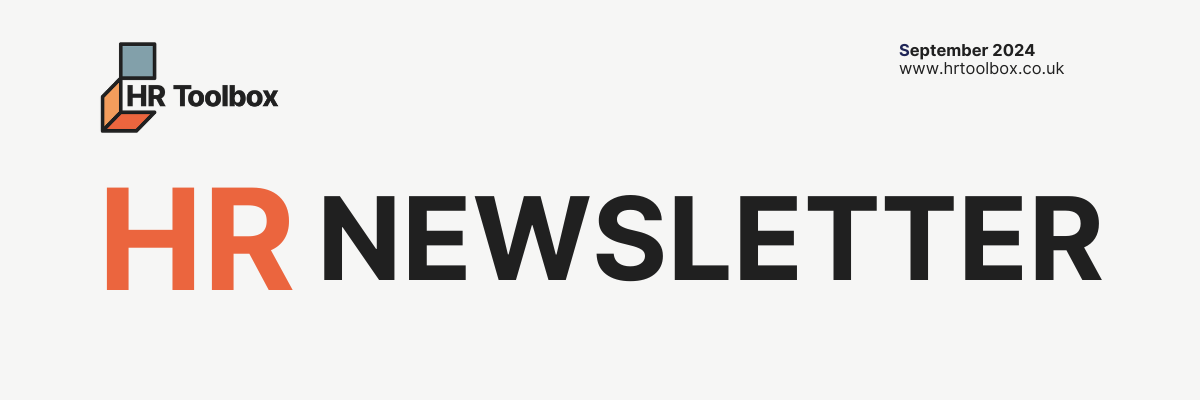Can you legally ask if someone is neurodivergent?

The CIPD estimates that 1 in 5 people are neurodivergent in some way, representing a significant proportion of any workforce.
Businesses must consider neurodiversity as an essential part of their ED&I strategy and their people management approach.
Yet, for some businesses, neuroinclusion can be bewildering and even overwhelming.
The fear of getting things wrong and asking the wrong questions can result in inaction or avoidance, further compounding the inequalities faced by neurodivergent people.
In this blog, we explore neurodiversity further, the business benefits of being a neuroinclusive organisation and how to ensure your hiring practices are inclusive and legally compliant.
What is Neurodiversity?
Neurodiversity refers to the natural variation in how the human brain functions and processes information, and our behavioural traits. It describes how we experience and interact with the world around us. There is no ‘correct’ way to think, learn or behave; our differences are strengths, not deficits, and we are uniquely us.
What are examples of neurodiverse conditions?
There are several examples of how brains can process information differently and types of neurodiversity. Each neurodivergent person will have a range of associated characteristics which can vary considerably. Some of the common types are:
• Autism, or Autism Spectrum Conditions
• ADHD: Attention Deficit Hyperactivity Disorder, or ADD: Attention Deficit Disorder
• Dyslexia
• Dyspraxia, or Developmental Coordination Disorder (DCD)
Why is awareness of neurodiversity in the workplace so important?
According to the CIPD, the potential of an organisation to reach the full spectrum of talent, provide an environment where every type of thinker can thrive, and ultimately achieve its goals, is hugely shaped by its neuroinclusivity.
By embracing different thinking styles at work, organisations can unlock their employees’ full potential, harness their skills and boost their productivity and engagement. It will also help to attract and retain top talent and strengthen their employer brand.
On the flip side, research indicates that overlooking neurodiversity can significantly impact employee wellbeing. Some neurodivergent professionals have experienced feelings of judgement or had to hide their true selves, resorting to ‘masking’ behaviours in order to appear neurotypical. This can have a damaging effect on their mental health.
What does hiring a neurodivergent employee mean for the business owner?
The business benefits of neuroinclusion are wide-reaching. Neurodiverse individuals bring a range of strengths including hyperfocus, innovative thinking, creativity and detail processing. They have unique and diverse perspectives and insights, along with high levels of perseverance and resilience.
Yet, some employers tend to focus on the perceived challenges associated with neurodivergence, rather than the benefits. Neurodiversity can appear a complex topic initially, particularly as some people choose not to disclose it. However, many businesses are discovering that the minimal time and effort needed to make adjustments to workspaces, practices or processes are worthwhile.
Can I legally ask if someone is neurodivergent during the hiring process?
Put simply, no. Under the Equality Act 2010, being neurodivergent will often amount to a disability, even if the person does not consider themselves to be disabled. Therefore, asking this question, and receiving a disclosure of disability, could be discriminatory.
Instead, employers should invite candidates to inform them of any specific support needs during the hiring process and make it clear that these will be supported.
Greater neuroinclusion can help organisations to attract diverse talent, which is fantastic for business!
Recruitment processes should be designed with neurodiversity in mind, including:
● Job Adverts and Job Descriptions should be written in inclusive, concise language. In a job description, clearly outline the core skills for the role, rather than including skills like ‘must be an excellent communicator’ if it’s only a nice-to-have. Otherwise, this could dissuade talented candidates who are literal thinkers from applying.
●
Interviews can be unintentionally exclusionary and overwhelming for neurodiverse candidates as they often rely on social cues, such as body language and eye contact. Consider sending interview questions in advance and choose clear and concise questions, rather than compound or hypothetical ones.
Integrating neurodiversity into your ED&I strategy and adopting neuroinclusive hiring practices will bring significant benefits to your business.
Cultivating an inclusive culture where people are valued for who they are and can authentically be themselves will unlock potential, attract diverse talent, and do wonders for your reputation.
Get In Touch
We will get back to you as soon as possible
Please try again later

ABOUT US
HR Toolbox have over 20 years HR experience in the private & public sectors. Our customers love us as we give them the 1:1 HR support, tools, and software to help save them time, reduce risk, improve their employees experience and protect themselves.
SERVICES
Website built by - Mission Three60 LTD










